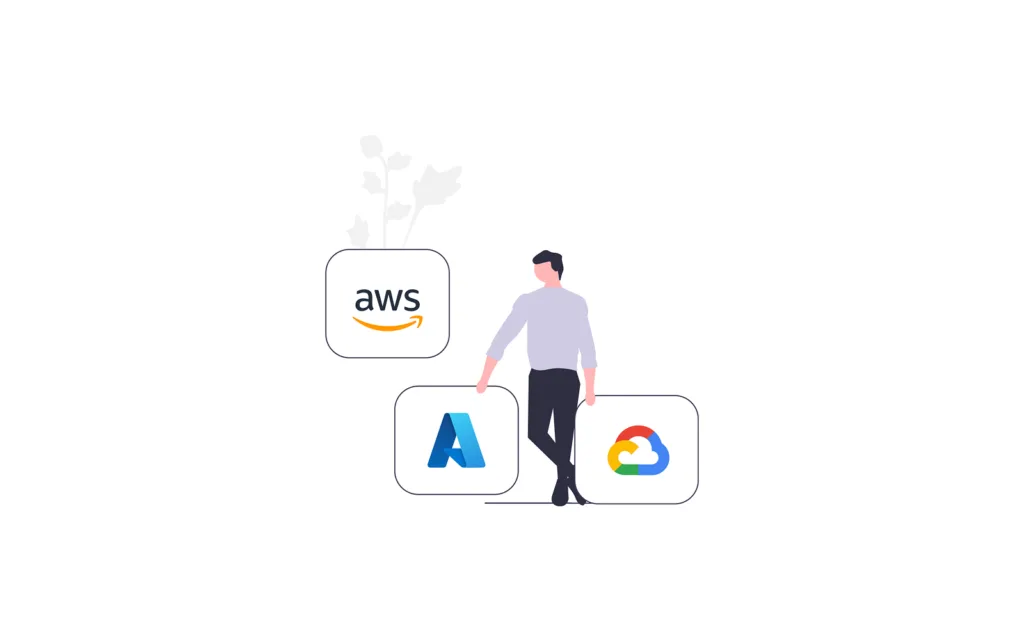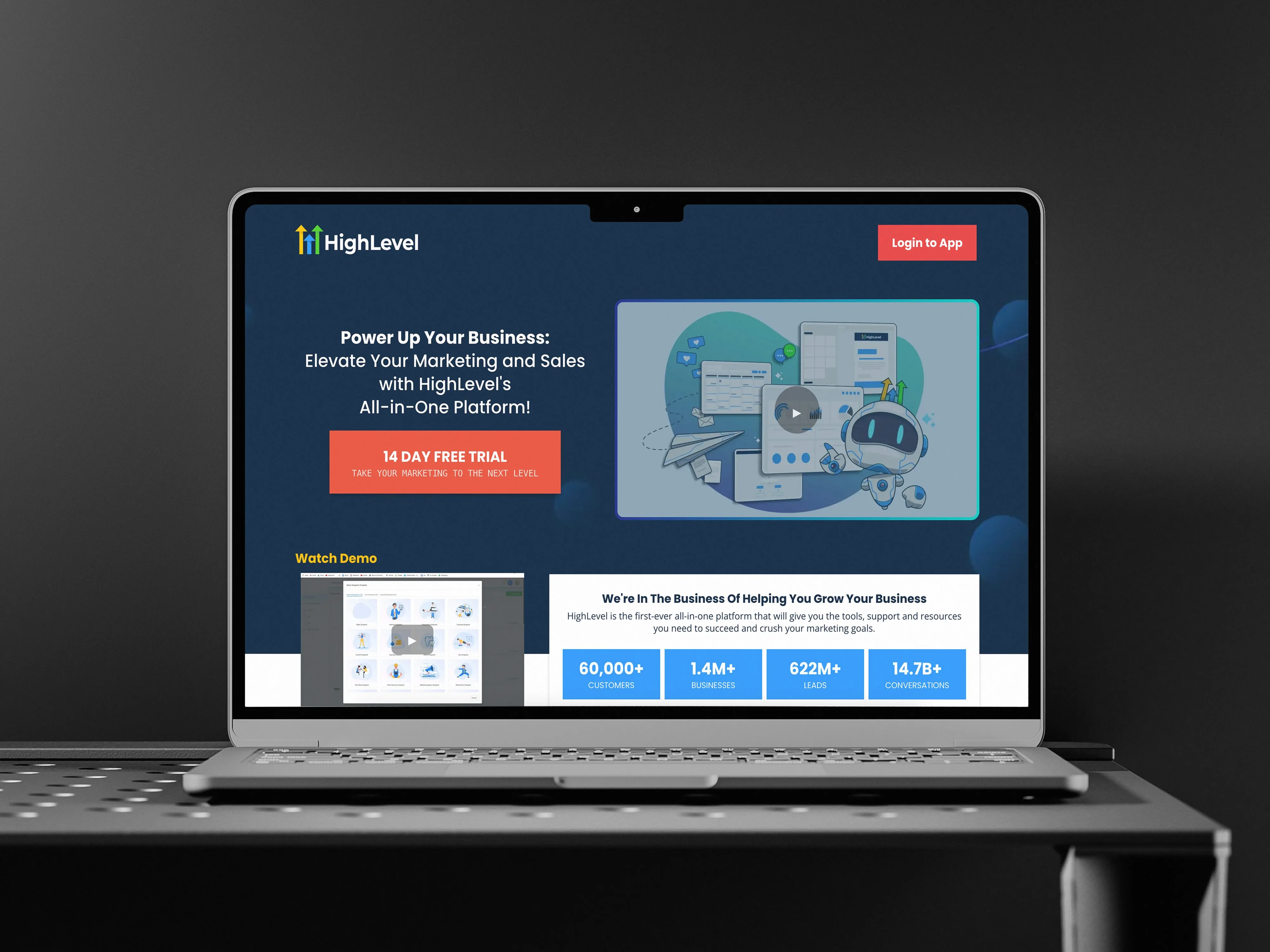Overview
In the rapidly evolving digital landscape, businesses are constantly seeking innovative solutions to streamline operations, enhance productivity, and stay ahead of the competition. Indeed, the advent of advanced technologies is reshaping the way organizations function. Therefore, understanding the future of business management software is crucial for any forward-thinking enterprise. Specifically, 2025 promises to usher in a new era of sophisticated tools, driven by artificial intelligence, automation, and seamless integration.
AI-Driven Automation: The Cornerstone of Business Management
Firstly, artificial intelligence (AI) will play a pivotal role in automating routine tasks and providing insightful data-driven decisions. Furthermore, AI-powered business management software will intelligently analyze vast amounts of data, identifying patterns and predicting future trends. Moreover, this will enable businesses to optimize their workflows, allocate resources efficiently, and enhance customer experiences. For instance, AI-driven CRM systems will personalize customer interactions, predict customer behavior, and automate marketing campaigns.
Secondly, robotic process automation (RPA) will be seamlessly integrated into business management suites, automating repetitive tasks like data entry, invoice processing, and report generation. Consequently, employees will be freed from mundane activities, allowing them to focus on strategic initiatives and creative problem-solving.
Cloud-Based Collaboration: Seamless Connectivity and Accessibility

In addition to AI, cloud-based collaboration tools will continue to dominate the business management landscape. Ultimately, these platforms will enable teams to work seamlessly from anywhere in the world, fostering collaboration and enhancing productivity. For example, cloud-based project management software will facilitate real-time communication, task assignment, and progress tracking. Subsequently, businesses can ensure that projects are completed on time and within budget.
Furthermore, cloud-based document management systems will provide secure and centralized storage for critical business documents. Therefore, employees can access and share files easily, eliminating the need for physical paperwork and reducing the risk of data loss.
Enhanced Data Analytics and Reporting: Informed Decision-Making

Moreover, business management software in 2025 will provide enhanced data analytics and reporting capabilities, enabling businesses to gain valuable insights into their operations. Specifically, advanced analytics tools will process vast amounts of data, generating comprehensive reports and dashboards. As a result, businesses can identify trends, monitor key performance indicators (KPIs), and make informed decisions.
Additionally, predictive analytics will play a crucial role in forecasting future outcomes and mitigating risks. For example, businesses can use predictive analytics to forecast sales, anticipate customer churn, and optimize inventory management. In other words, data-driven insights will empower businesses to make proactive decisions and stay ahead of the curve.
Cybersecurity and Data Privacy: Protecting Sensitive Information

Nevertheless, with the increasing reliance on digital technologies, cybersecurity and data privacy will remain paramount concerns. Consequently, business management software in 2025 will incorporate robust security measures to protect sensitive information from cyber threats. Notably, features like multi-factor authentication, data encryption, and intrusion detection systems will be standard.
In fact, compliance with data privacy regulations like GDPR and CCPA will be integrated into the software, ensuring that businesses adhere to legal requirements. Besides, regular security audits and vulnerability assessments will be conducted to identify and address potential weaknesses. Therefore, businesses can rest assured that their data is safe and secure.
Low-Code/No-Code Platforms: Democratizing Software Development

Furthermore, low-code/no-code platforms will revolutionize the way businesses develop and customize their software applications. Specifically, these platforms will enable non-technical users to create custom applications and workflows without extensive coding knowledge. For example, drag-and-drop interfaces and pre-built templates will simplify the development process.
Thus, businesses can rapidly develop and deploy custom solutions to address their specific needs. Additionally, low-code/no-code platforms will reduce the reliance on external developers, saving time and resources. In essence, these platforms will empower businesses to innovate and adapt quickly to changing market conditions.
Integration and Interoperability: Seamless Connectivity Across Systems

In addition to all of the above, seamless integration and interoperability will be essential features of business management software in 2025. Primarily, these platforms will integrate with various third-party applications and services, creating a unified ecosystem. For example, CRM systems will integrate with marketing automation tools, e-commerce platforms, and customer support systems.
Moreover, APIs (Application Programming Interfaces) will enable seamless data exchange and communication between different systems.
As a result, businesses can streamline workflows, eliminate data silos, and enhance operational efficiency.
In summary, integrated systems will provide a holistic view of business operations and facilitate data-driven decision-making.
Personalized User Experiences: Tailoring Software to Individual Needs

Also, business management software in 2025 will focus on providing personalized user experiences, tailoring the software to individual needs and preferences. Notably, user interfaces will be intuitive and customizable, allowing users to personalize their dashboards and workflows. Furthermore, AI-powered recommendations and suggestions will guide users through the software, enhancing their productivity.
For instance, personalized training modules and tutorials will be provided based on individual user roles and skill levels. Consequently, users can quickly learn and master the software, maximizing its potential. In other words, personalized user experiences will enhance user satisfaction and adoption rates.
Mobile-First Approach: Accessibility on the Go

Another crucial aspect is that mobile-first design will be a key consideration for business management software in 2025. Specifically, these platforms will be optimized for mobile devices, enabling employees to access and manage their tasks from anywhere. For example, mobile apps will provide real-time updates, notifications, and access to critical business data.
Subsequently, employees can stay connected and productive, even when they are away from their desks. Additionally, mobile-first design will enhance collaboration and communication, enabling teams to work seamlessly on the go. Ultimately, mobile accessibility will be essential for businesses that operate in a fast-paced and dynamic environment.
The Rise of Vertical-Specific Solutions: Tailored Software for Industries

Finally, vertical-specific business management software solutions will gain prominence in 2025. Notably, these platforms will be tailored to the unique needs and requirements of specific industries, such as healthcare, manufacturing, and retail. For example, healthcare management software will provide features like patient management, electronic health records, and telemedicine integration.
Likewise, manufacturing management software will provide features like production planning, inventory management, and quality control. In essence, vertical-specific solutions will provide industry-specific functionalities and workflows, enhancing efficiency and productivity. Thus, businesses can leverage specialized tools to address their unique challenges and opportunities.
Summary & Insights
In conclusion, the future of business management software in 2025 is bright, driven by AI, automation, cloud computing, and data analytics. Therefore, businesses that embrace these technologies will gain a competitive edge, streamline operations, and enhance productivity. Moreover, by focusing on integration, personalization, and mobile accessibility, businesses can create a unified and efficient ecosystem. Ultimately, the right business management software tools will empower businesses to navigate the complexities of the digital age and achieve sustainable growth. In summary, staying informed and adopting these innovations will be critical for businesses looking to thrive in 2025 and beyond.
Join Our Newsletter
Your Weekly Source for Technology & Productivity Insights.
Stay ahead with DeepNade, our free weekly newsletter delivering the latest in technology trends, productivity, and curated high-quality insights from across the web—straight to your inbox. No fluff, just value.
By submitting this form, you’ll be signed up for our free newsletter. We may also send you other emails about our products. You can opt-out at any time. For more information, see our privacy policy.
In This Article–
→ 1) 🤖 AI-Driven Automation: The Cornerstone of Business Management
→ 2) ☁️ Cloud-Based Collaboration: Seamless Connectivity and Accessibility
→ 3) 📊 Enhanced Data Analytics and Reporting: Informed Decision-Making
→ 4) 🛡️ Cybersecurity and Data Privacy: Protecting Sensitive Information
→ 5) 🚀 Low-Code/No-Code Platforms: Democratizing Software Development
→ 6) 🌉 Integration and Interoperability: Seamless Connectivity Across Systems
→ 7) 🎯 Personalized User Experiences: Tailoring Software to Individual Needs
→ 8) 📱 Mobile-First Approach: Accessibility on the Go
→ 9) 🏗️ The Rise of Vertical-Specific Solutions: Tailored Software for Industries
Frequently Asked Questions (FAQs)
This section provides answers to common questions, helping you quickly find relevant information.
1. How will AI impact business management software in 2025?
AI will be a cornerstone, automating routine tasks, providing data-driven insights, and enhancing customer experiences through personalized interactions and predictive analytics.
2. What role will cloud-based solutions play?
Cloud-based tools will facilitate seamless collaboration, accessibility from anywhere, and secure data storage, enabling teams to work efficiently regardless of location.
3. How will data analytics improve decision-making?
Enhanced data analytics and reporting capabilities will provide valuable insights into operations, enabling businesses to identify trends, monitor KPIs, and make informed, proactive decisions.
4. What security measures will be implemented in business management software?
Robust security measures, including multi-factor authentication, data encryption, and intrusion detection systems, will be essential to protect sensitive information from cyber threats, along with compliance with data privacy regulations.
5. What are low-code/no-code platforms, and how will they benefit businesses?
Low-code/no-code platforms will empower non-technical users to create custom applications and workflows, reducing reliance on external developers and enabling rapid innovation.
6. Why is integration and interoperability important?
Seamless integration with third-party applications and services will create a unified ecosystem, streamlining workflows, eliminating data silos, and enhancing operational efficiency.
7. How will the user experience be personalized?
Software will be tailored to individual needs and preferences, with intuitive interfaces, customizable dashboards, and AI-powered recommendations.
8. What is the significance of a mobile-first approach?
The mobile-first design will enable employees to access and manage tasks from anywhere, enhancing connectivity and productivity on the go.
9. What are vertical-specific solutions?
These are software platforms tailored to the unique needs of specific industries, providing industry-specific functionalities and workflows to enhance efficiency.
10. What are the main benefits of using up-to-date Business management software?
The main benefits include increased productivity, better data-driven decisions, improved workflow, better company data security, and increased collaboration between team members.




